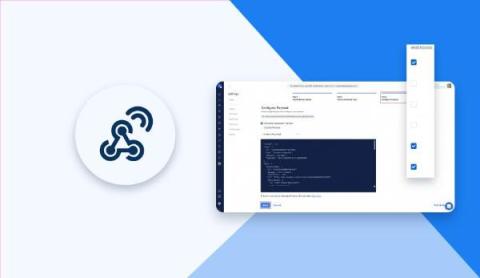Enhancing Team Collaboration: Unveiling the Intuitive Features of SIGNL4
Effective communication lies at the heart of successful teamwork, and SIGNL4 emerges as a powerful tool crafted to elevate collaboration within teams. In this blog post, we will explore five of the often small but all the more intuitive features that distinguish SIGNL4, positioning it as the preferred solution for teams aiming to enhance productivity and streamline communication.











